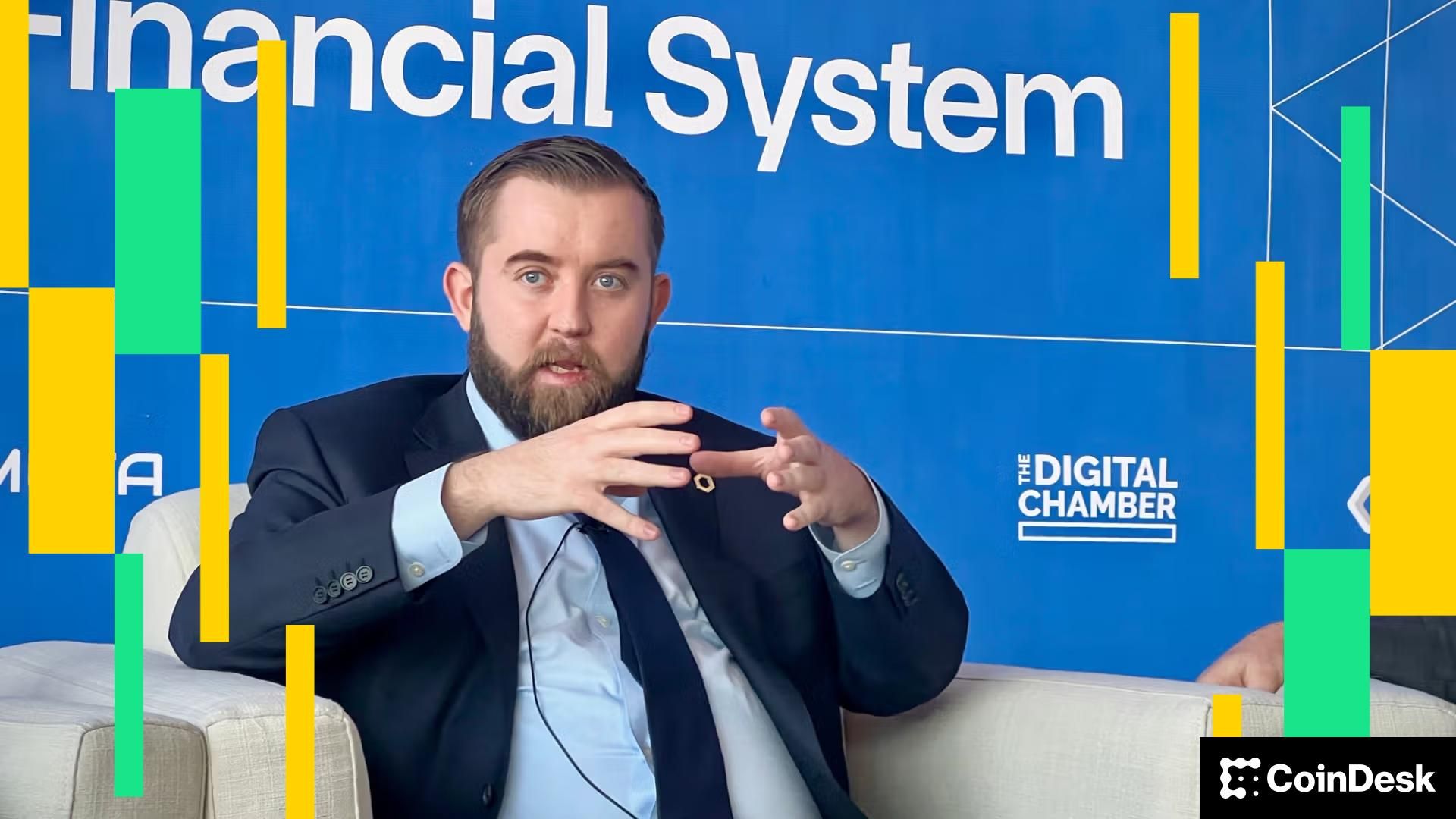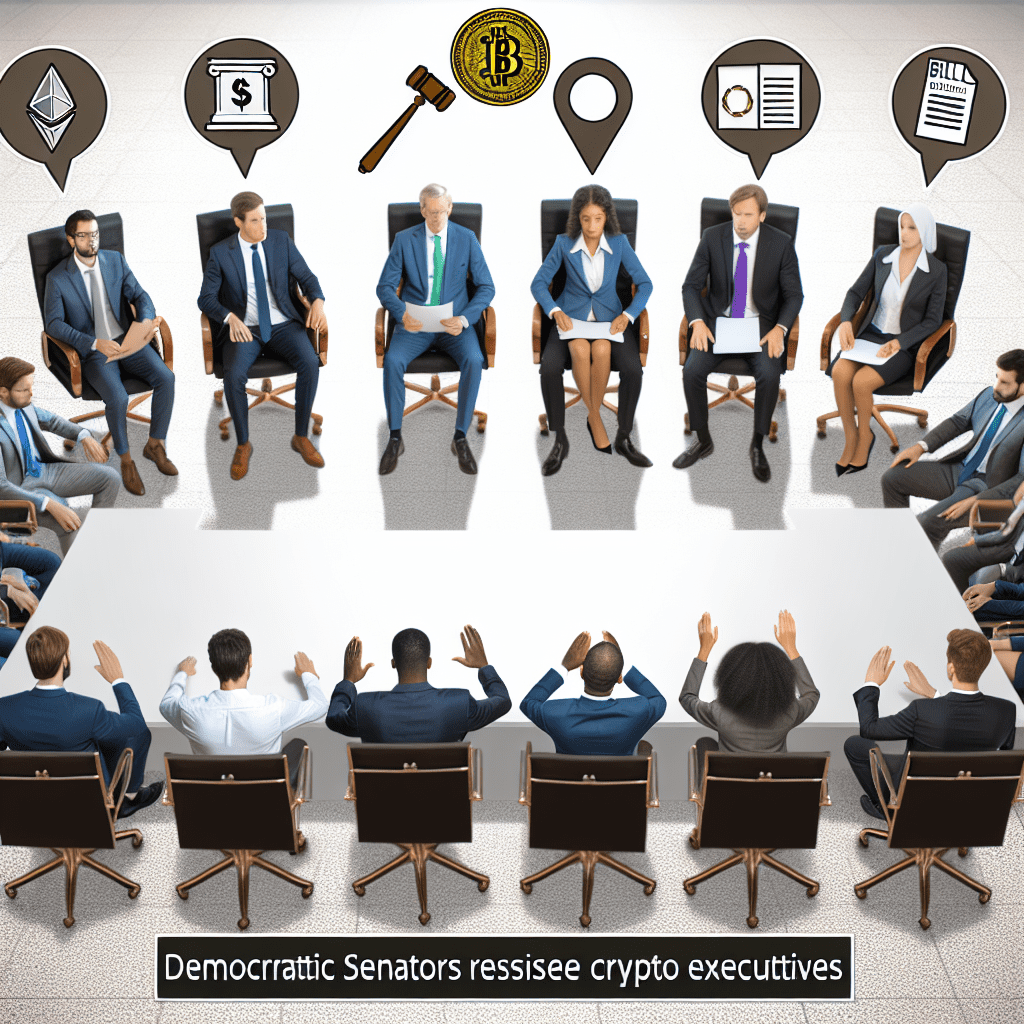
A significant number of U.S. Senate Democrats are indicating their readiness to endorse a crypto market structure bill, suggesting the initiative has momentum. They expressed this willingness during a meeting on Wednesday with several crypto CEOs, discussing the path forward for U.S. crypto regulation.
Industry leaders had scheduled two meetings on that day; the first concentrated on next steps with Democrats, whose support is crucial to surpass the Senate’s 60-vote requirement for any bill. The second meeting involved discussions with Republican lawmakers who have been promoting a draft bill in response to the House of Representatives’ Digital Asset Market Clarity Act.
“There’s a notable level of Democratic support,” stated Chainlink CEO and co-founder Sergey Nazarov, in comments to CoinDesk between meetings. Over ten lawmakers attended, all dedicated to investing their time and efforts to ensure the bill’s success.
Tensions have escalated between the parties and within crypto circles, as the likelihood of Senate attention diminishes for 2025. Following recent leaks of certain Democratic proposals concerning decentralized finance (DeFi), many in the industry felt the ideas jeopardized ongoing negotiations related to market structure. Several have voiced these concerns publicly.
“I believe this friction is temporary and will be resolved soon,” Nazarov remarked.
The gathering of industry leaders with Democratic lawmakers was reportedly led by Senator Kirsten Gillibrand, a New York Democrat advocating for tailored crypto regulations for several years. Nazarov noted that the Democrats expressed keen interest in addressing illicit finance issues in the legislation.
With both parties and industry participants reconvening this week, crypto leaders are optimistic it will reinvigorate the legislative process. Coinbase CEO Brian Armstrong, who attended both meetings, expressed in a social media post on X before the meetings that he was “looking forward to collaborating with key decision-makers” to advance the bill to President Donald Trump’s desk.
After the initial meeting, he posted again that the industry is “maintaining pressure in DC” to push the bill forward and highlighted a Stand With Crypto initiative to gather support.
However, there are several obstacles to overcome in this process. The Senate Banking and Agriculture Committees need to advance draft language to the full Senate, with only the Banking Committee having produced a draft so far. Furthermore, if the Senate endorses a bill, it must return to the House for a vote before moving to Trump for his signature.
Crypto legislation in Congress has been a positive aspect of U.S. policy work, achieving significant bipartisan support for the recent bill to regulate stablecoin issuers and the House’s Clarity Act. However, legislation needs to be finalized before it can be passed.
Kristin Smith, president of the Solana Policy Institute, characterized the Wednesday meetings as involving lawmakers “committed to getting market structure legislation right.”
Senator Cynthia Lummis, the Wyoming Republican leading the crypto subcommittee within the Senate Banking Committee, termed it a “significant day in Washington for digital asset market structure.”
“It benefits everyone to pass the bill — to gain acceptance for the digital asset community by the U.S. government,” Nazarov concluded.

